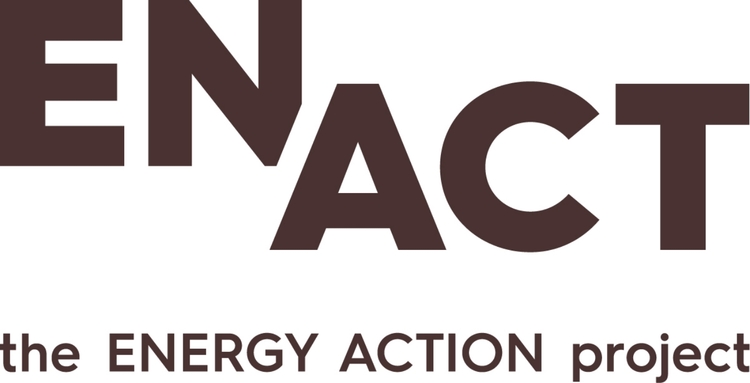My house is cold. I can't get rid of the damp. My heating bill is going through the roof. My kids are always sick. I can't pay my electricity bill and I'm about to be disconnected.
Do you find yourself saying these things often? Or hear them from a neighbour? Have you ever considered that what seems to you like an endless battle between your energy bills and your pocket book might actually be a chronic condition in homes just like yours across Europe and North America?
Some 6 million people in the United Kingdom alone -- almost 8% of the population -- face difficult choices about energy every day. If you've ever warmed a pot of soup on the radiator to avoid using extra gas on the stove, be sure you are not alone. More importantly, be reassured that you are not fully responsible. Many factors, many of which are beyond your control, contribute to being what's called "fuel poor" in a country that is "energy rich".
Yes, your income (or lack of) affects whether you can comfortably pay your energy bills. But the state of your home or apartment plays a huge role in how much energy you need to feel comfortable. And global energy markets ultimately determine how much the utility company will charge for each unit of energy you use. The main factors of fuel poverty income, dwelling and energy prices.
Climate also plays a role. In northern countries, the number of people in fuel poverty skyrockets: Lithuania estimates 34% of people are living in cold homes while at 44% Bulgaria posts the highest rate in Europe.
So why would 27% of people in Greece and Portugal face the same struggles? In these warmer climates, many houses are built with very little insulation and no central heating. When the building material is stone or brick, cold stays cold for a very long time. Or requires a lot of energy to warm up again.
But fuel poverty is not only about cold. While people in Europe and North American bundle up to stay warm during winter, Australians facing heatwaves struggle to keep their homes cool enough for comfort and good health.
In the coming week, The Energy Action Project (EnAct) is going to explore the specific challenge of fuel poverty in countries where energy is abundant. Follow us daily while we examine how fuel poverty is defined (including how different definitions determine the scale of the problem and the means needed to address it) and what different actors are doing to help people who need it.
Importantly, EnAct will also give you tips on how to help yourself by reducing energy consumption, taking steps to improve the efficiency of your home, and better understand how much energy (and money!) it takes to do certain things.
Check out the Energy Diary for more stories.
